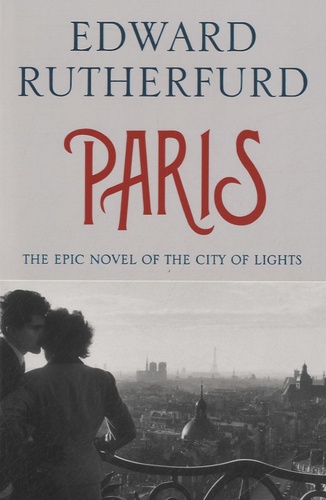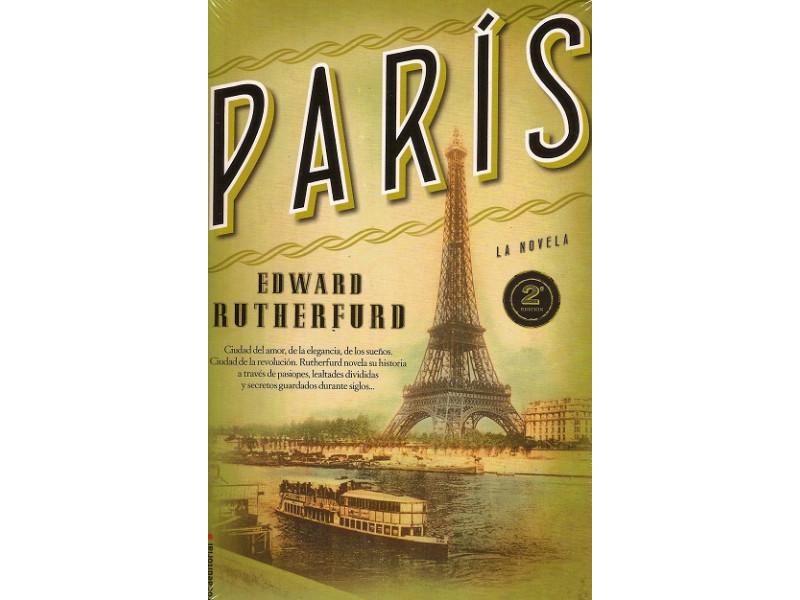

Like Billy Pilgrim, the readers of “Paris” quickly become unstuck in time, deposited chapter by chapter in some new French era where they witness the ancestors of some of these families dealing with the struggles of their age. There is also the family represented by James Fox, an English lawyer living in France. And there’s the working-class Gascon family, represented mainly by the strapping, handsome, hardworking Thomas and his rakish brother Luc. There’s the bourgeois merchant family headed by Jules Blanchard, who operates a department store named Josephine - nominally in honor of Napoleon’s mistress but actually in honor of his own. With this bedrock plot locked in place, the novel follows the fates of several families over the course of French history. The boy’s mission is clear: He must grow up to kill the aristocratic heir Roland. One of the revolutionary Communards who briefly took over the French government in 1871, he was executed by a firing squad led by a typical aristocrat, the Vicomte de Cygne.


A gaunt-faced, God-hating, radical shrew tells her own young child, Jacques Le Sourd, about the death of his father.

Meanwhile, the Devil is making plans of his own. The year is 1875, and we’re soon introduced to a young aristocrat, a “fair-haired, blue-eyed” 3-year-old who likes to sing - what else? - “Frere Jacques.” This is Roland de Cygne, whose name dates back to the horn-blowing hero of the great epic poem “Song of Roland.” According to the priest charged with tutoring the lad, God has great things in store for this noble toddler. The Reign of Boredom starts on the first page. Edward Rutherfurd’s new historical novel, his eighth multi-generational blockbuster, is an epic snooze: a family chronicle whose one-dimensional characters and banal historic episodes fail to sustain any dramatic momentum despite seven centuries of history at the author’s disposal.


 0 kommentar(er)
0 kommentar(er)
